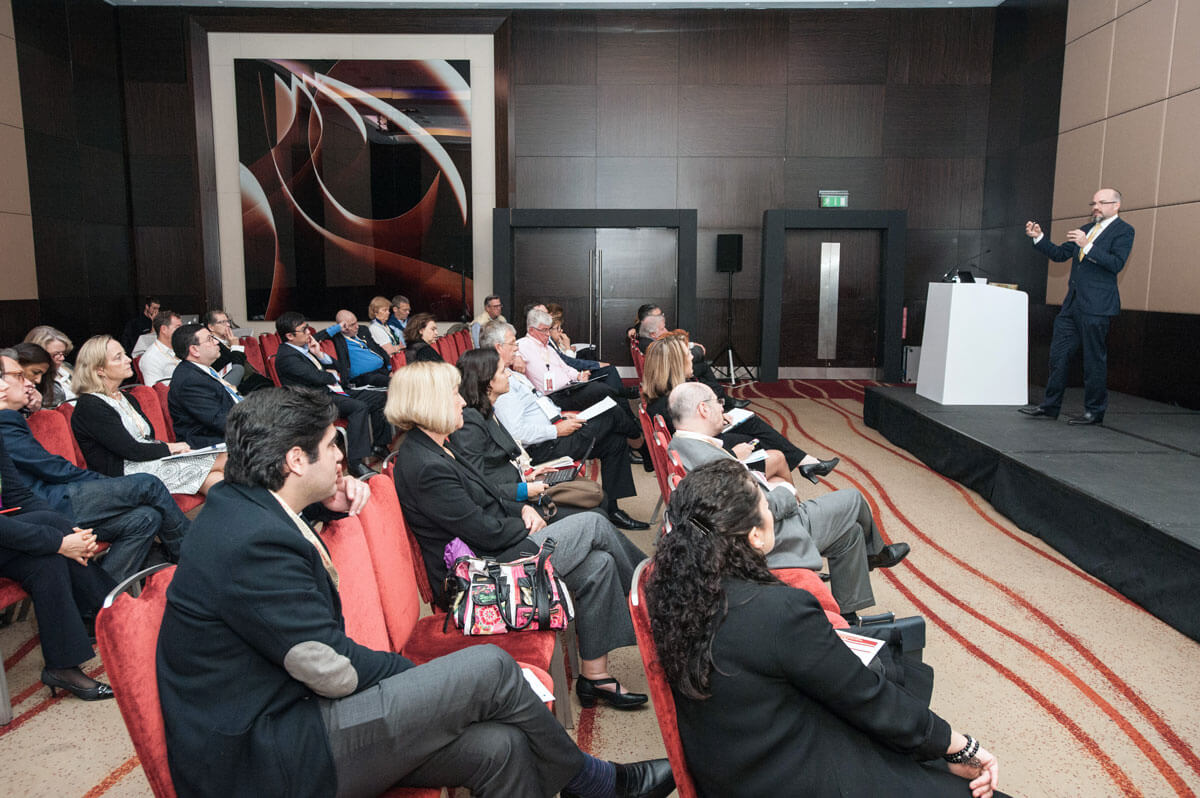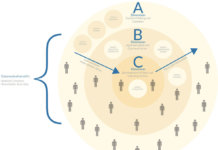By Judy Green, President, FFI
While the topic of family business has recently received attention, just a few decades ago only a handful of organisations recognised the importance of multigenerational family-owned firms.
The Family Firm Institute (FFI) was one of the first organisations to raise awareness around the field of family business. FFI represents an influential global network of thought-leaders in the field. Having established the Family Business Review (FBR), the oldest and the most successful family business journal, the institute also provides research-based learning and relevant tools for advisors, academics and family business members to be able to drive towards success.
FFI is often thought of as a professional association or even a trade organisation. While it might have characteristics of both these groups, it has much more in common with an institute in the classical sense. The root verb for institute, instituere, means to build, create, raise or educate, and is a good starting point to begin understanding the FFI as an institutional body. An institute can be better understood as an organisation, often autonomous and educational, devoted to knowledge creation and dissemination of specific topics within a professional body, without traditional university connections.

Established just 30 years ago, FFI has progressively built a field by educating its members and the general public about the unique features of family businesses and their implications for external advisors, consultants and professionals within such enterprises. Generating knowledge about the unique paradoxes, challenges and opportunities of enterprising families is at the core of FFI’s mission. This goal has been, and continues to be, systematically pursued by:
- fostering research through the academic journal, Family Business Review (FBR);
- creating a forum for peer learning and the exchange of best practices through annual conferences and symposia;
- developing an organised curriculum with certificate programs for professional development through the Global Education Network (GEN) program.
Research
At FFI, scholarly research and generated knowledge is publically disseminated through rigorous peer-reviewed research articles published in Family Business Review (1988), and usable findings published in the FFI Practitioner including the FBR Précis. Interest in family business research is now global and multi-disciplinary, but this was not always the case.
“FFI can take a lot of credit for the phenomenal growth of scholarly attention to family firms,” says FBR editor Prof. Pramodita Sharma. “From a meagre thirteen to thirty scholarly or peer-reviewed articles a year in the seventies and eighties respectively, the establishment of FBR and FFI triggered an increase to approximately 230 articles a year in the nineties. An escalation of interest in this field of study continues today, with over 800 research articles generated annually.”

FBR continues to publish about twenty articles a year. In the last five years, more than 1,865 unique scholars based in 72 countries submitted their research for publication in FBR, a journal present in more than 9,500 organisations from 187 countries.
Within FBR, growth is evaluated in terms of the relevance of questions asked and the rigour with which they are studied. A vast variety of journals surrounding FBR and other premier publications have also commissioned special issues and article studies on family business. This influenced growth combined with exceptional editorial teams, have ranked FBR amongst the top 5 journals of business for the past few years.
Peer Learning
Coined by social scientists, the term peer learning has a variety of meanings, which generally involve the sharing of knowledge, ideas and experience among participants. The term can better be described as a way of moving beyond independent to interdependent or mutual learning. For FFI, it implies a two-way, more reciprocal learning activity.
FFI’s founders were early champions of peer learning, which was primarily offered at the FFI annual global conferences. Participating in a multidisciplinary organisation guaranteed access to a worldwide community of professionals such as lawyers, accountants, consultants, therapists, educators, researchers, to name a few. Creating social networks and sharing best practices is only part of the process. As family enterprises become increasingly global and more complex, it became more important that opportunities for peer learning continue beyond the annual global conference.
“The benefits of the peer learning opportunities provided by the FFI annual global conference cannot be underestimated,” explains Mark Evans chair of FFI. “By participating in a multi-disciplinary organisation, you are guaranteed access to a worldwide community of lawyers, accountants, consultants, therapists, educators, researchers and many more. One minute you could be in a formal master class on ownership and control, the next you could be having an informal conversation with someone about their experience of working with a family where addiction is a major issue.”

Today peer learning in FFI is essential to building a personal development plan and to understanding and acquiring knowledge. FFI mentoring, study groups (virtual and in-person) and collaborative projects have developed and come into their own, ensuring the continuous opportunity for professional growth.
[ms-protect-content id=”4069,4129″]
Global Education Network (GEN)
Complementing FFI’s approach to research and peer learning is the more formal Global Education Network (GEN). This program furthers the understanding of FFI as an institute by bringing research and peer learning together into organised curricular programs offering basic and advanced certificates in family business and family wealth advising.
The GEN program concludes with an opportunity to become an FFI Fellow. All fellows must be FFI members for at least 10 years and must also have advanced certificates, have published in FBR or The Practitioner and have presented at an FFI global conference. To date, there are more than 200 FFI Fellows.
Conclusion
FFI is a true institute that continually strives to build, create, raise standards and educate its constituencies regarding the importance of family enterprise for the global economy. Without ongoing and substantive research, facilitated peer learning and organised paths to professional development, the family business field would flounder. There are many excellent resources in the family enterprise world, and FFI is pleased to be amongst them as a true institute!
Tharawat Magazine, Issue 28, 2015
[/ms-protect-content]














